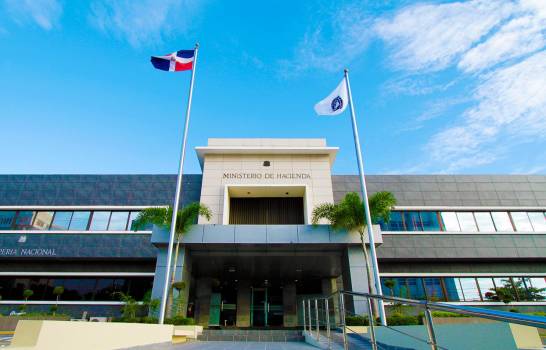
In a nation where there’s a betting parlor every 850 meters, gambling has become deeply embedded in the Dominican Republic’s economic and social fabric, Carlos Arturo Guisarre writes for N Digital. A recent government survey, Encuesta Nacional de las Micro, Pequeñas y Medianas Empresas (MIPYMES) 2022-2023, by the Central Bank and the Ministry of Industry & Commerce (MICM) quantifies the sector.
The survey revealed a staggering 56,933 betting establishments operating across the country, constituting 12.1% of all registered businesses. This translates to one betting parlor per 850 meters and one for every 193 inhabitants, painting a vivid picture of the pervasiveness of gambling in the Dominican landscape.
The spread of betting establishments resulted from lax application of the laws under the Ministry of Hacienda government primarily under the past PLD administrations. Gaming gained more influence by maneuvering to get their representatives elected to Congress to strengthen their positioning.
Today the pervasive gambling culture is now underscored by the financial clout of the industry. The Tax Agency collects RD$307.9 million each month from the “tax on gambling and prizes,” demonstrating the significant revenue generated by this sector.
And the influence of gambling extends beyond mere economics, reaching into the political sphere. Over the years, gambling entrepreneurs have sought and won elected positions in Congress with notable success. This deep-rooted connection between gambling and politics raises concerns about potential conflicts of interest and undue influence.
The widespread presence of betting parlors has not gone unnoticed by the Dominican public. Many perceive their neighborhoods as saturated with these establishments, raising concerns about social impacts and potential addiction issues. This sentiment is compounded by allegations of a gambling-related corruption ring involving a former finance minister, highlighting the potential illicit activities associated with the industry.
As the Dominican Republic grapples with the pervasiveness of gambling, a critical discourse is needed to examine its societal and economic implications, Guisarre observes in N Digital. “While gambling generates substantial revenue, it is crucial to weigh these gains against the potential social costs and ensure that the industry operates with transparency and accountability” he warns.
Read more in Spanish:
N Digital
13 June 2024

